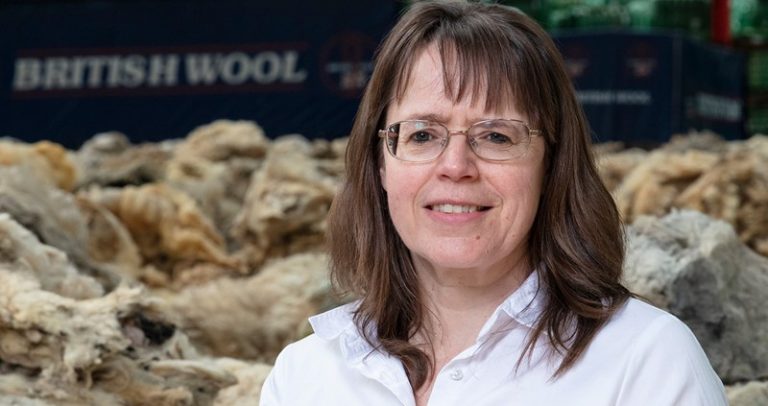Caddick Group, the Yorkshire-headquartered property business, has raised over £20,000 for charity by abseiling down the face of Moda’s New York Square building at SOYO, Leeds.
The effort raised vital funds for three of the organisation’s charity partners, the Motor Neurone Disease (MND) Association, Candlelighters Trust and Children’s Heart Surgery Fund.
The charity abseil brought together over 60 people including employers, partners and supporters, all eager to contribute to the important cause. Participants took on the exhilarating challenge of descending down the 148ft Moda building, located in the heart of Leeds’ cultural quarter.
Kairen Brown, head of CSR at Caddick Group, expressed her pride in the event’s success, stating: “This brilliant event has not only raised substantial funds for our charity partners but has also brought out team and community closer together.
“As part of our wider commitments as a business, we are dedicated to supporting charitable initiatives that have a real and tangible impact on people’s lives. This event perfectly encapsulates our dedication to making a positive difference and is another example of where we’re supporting our home city.”
Paul Caddick, founder and chairman of Caddick Group, added: “We are immensely proud of the funds raised through this charity abseil.
“Our commitment to giving back to the community is deeply rooted in our company’s ethos, and we will continue to support initiatives that create positive change and improve lives.”
Candlelighters Trust, one of the beneficiaries of the funds raised, expressed their gratitude for Caddick Group’s unwavering support.
Chris Salt, philanthropy manager at Candlelighters Trust, said: “We are incredibly grateful to Caddick Group for their continued support. The funds raised through the event will make a significant difference to the lives of children and families affected by cancer. This remarkable display of support underlines Caddick Group’s dedication to the community and their tireless efforts in making a positive impact.”
Caddick Group recently celebrated their major fundraising milestone of £100,000 with Candlelighters, as they continue to nurture a longstanding charity partnership.

























